Want to make a difference, to help raise awareness of ME/CFS and fund research? @cstroeckw explains how to approach 'making the ask' of your friends' help 👇 and in this 🧵 I give you some concrete suggestions to explore:
1/
1/
https://twitter.com/cstroeckw/status/1981977086672691592
Let's start big, w charity galas.
You'd need plenty of lead time on organising it, start-up funds, donated event space, food, people power, auction items & entertainment. Friends or connections are a must.
2/

You'd need plenty of lead time on organising it, start-up funds, donated event space, food, people power, auction items & entertainment. Friends or connections are a must.
2/
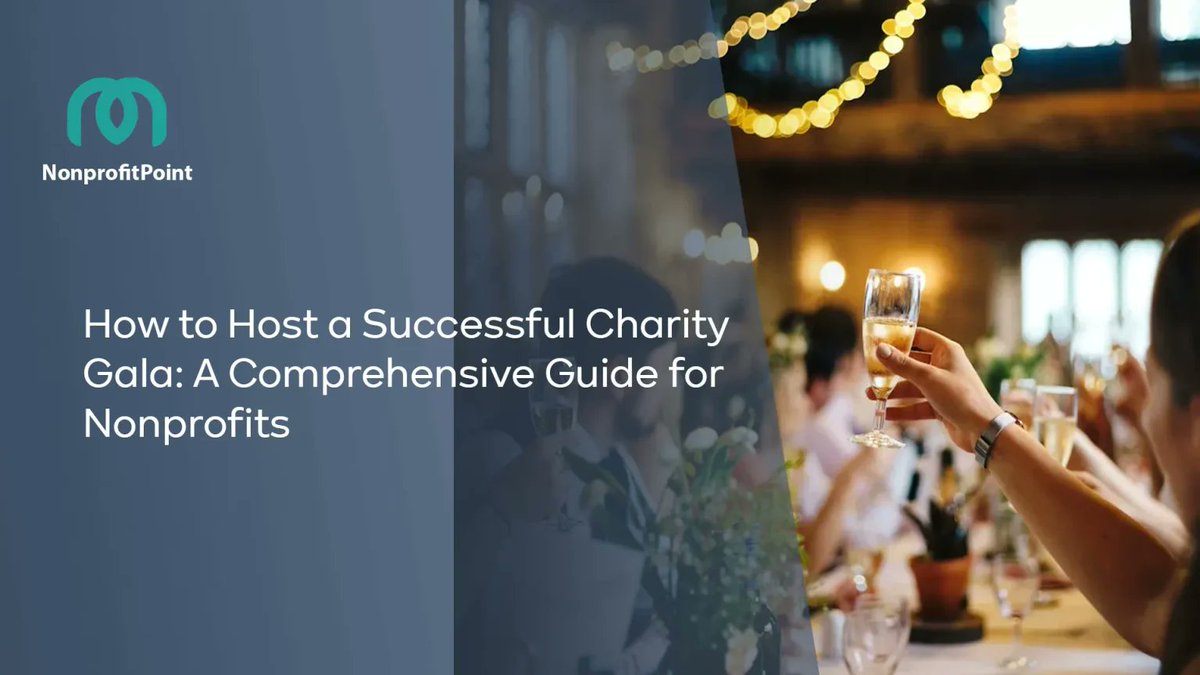
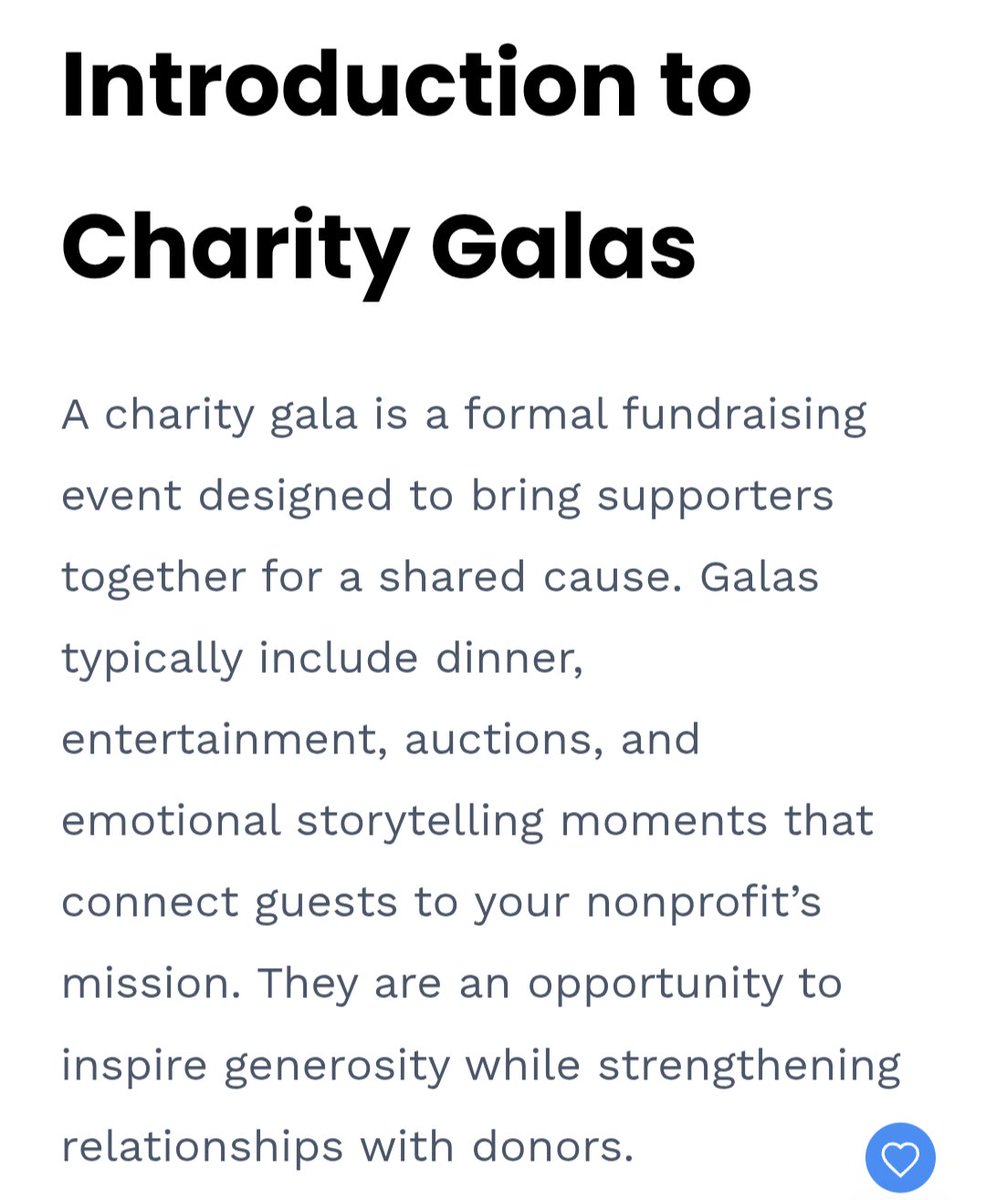
Other types of events are also an option. A 🎉fun day🎊 at a local destination (farm & restaurant setup for ex or an orchard/barn space) w activities for kids (eg petting zoo or bouncy house) & a raffle is a great idea.
Required components? Event space, kid activities,
3/
Required components? Event space, kid activities,
3/
raffle items, volunteers. Organising a 'fun day' is great way to get to know your local businesses (not all will say yes to sponsoring or donating, so you'll probably need to ask many) and *make* connections that maybe you didn't have before 🤝
4/
4/
@x3r0gx4 suggested fun runs 🏃🏃♀️
Fun runs are are great for getting ppl outdoors and engaged. They're also one of the most weather-vulnerable fundraising/outreach options, so keep that in mind.
5/
Fun runs are are great for getting ppl outdoors and engaged. They're also one of the most weather-vulnerable fundraising/outreach options, so keep that in mind.
5/
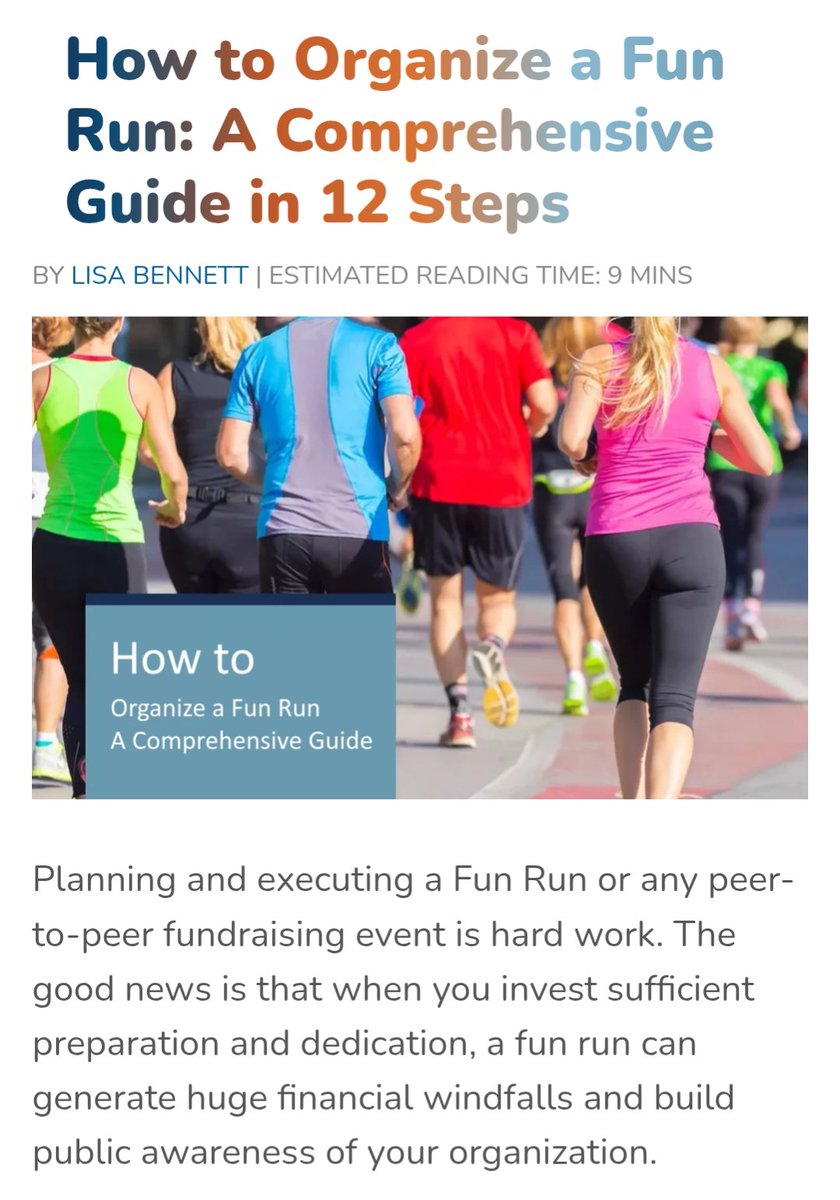
You can also organise a benefit concert by your community (or church) choir or your friend's band 🎶🧑🎤🎙️🎸🎷
Benefit concerts can be as big or as small as makes sense for your situation. Even a house concert or porch picking session can reap rewards 🏡🪕
6/
Benefit concerts can be as big or as small as makes sense for your situation. Even a house concert or porch picking session can reap rewards 🏡🪕
6/
But you don't have to organise an event to contribute to ME awareness! @ffhambu and Empty Stands show how to leverage sporting events already taking place. They started with banners at soccer games and the movement has grown into
7/
7/
https://x.com/FFHambu/status/1981780890624651320
clubs displaying fundraising info on the big screens and publishing ME-focused articles on their websites.
Empty Stands began in Germany, but is already expanding. Stickers and posters are available in English, so you can hang them in local sports bars or
8/
Empty Stands began in Germany, but is already expanding. Stickers and posters are available in English, so you can hang them in local sports bars or
8/
hand them out at city or high school games.
Sports fans can be a great resource for funds for ME; in 2018, a university sports community contributed $20,000 to ME research from a single fundraiser.
9/
Sports fans can be a great resource for funds for ME; in 2018, a university sports community contributed $20,000 to ME research from a single fundraiser.
9/
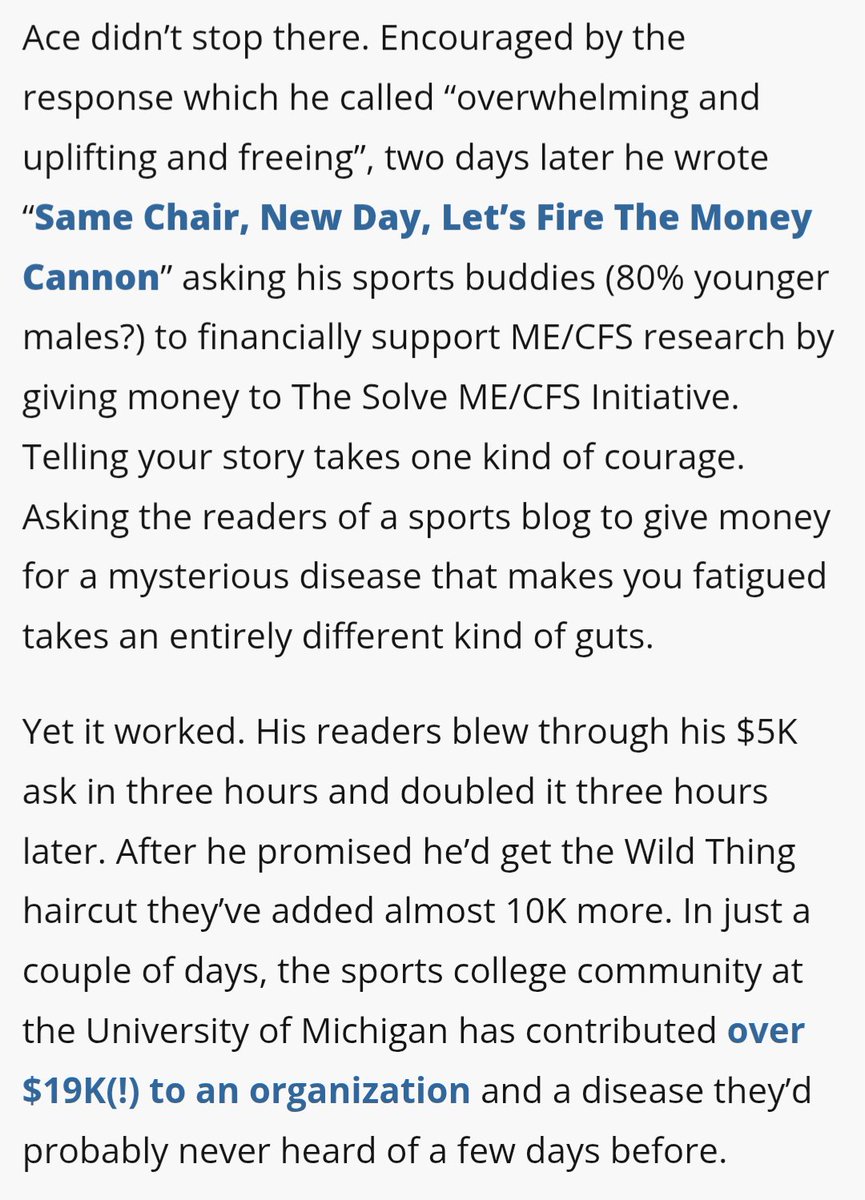
If you're someone who attends church in NZ or the US, you can ask your congregation to take up a special offering for pwME in need. The @AmmesAdmin crisis fund or ME RESPITE are perfect recipients for this type of thing.
10/

10/
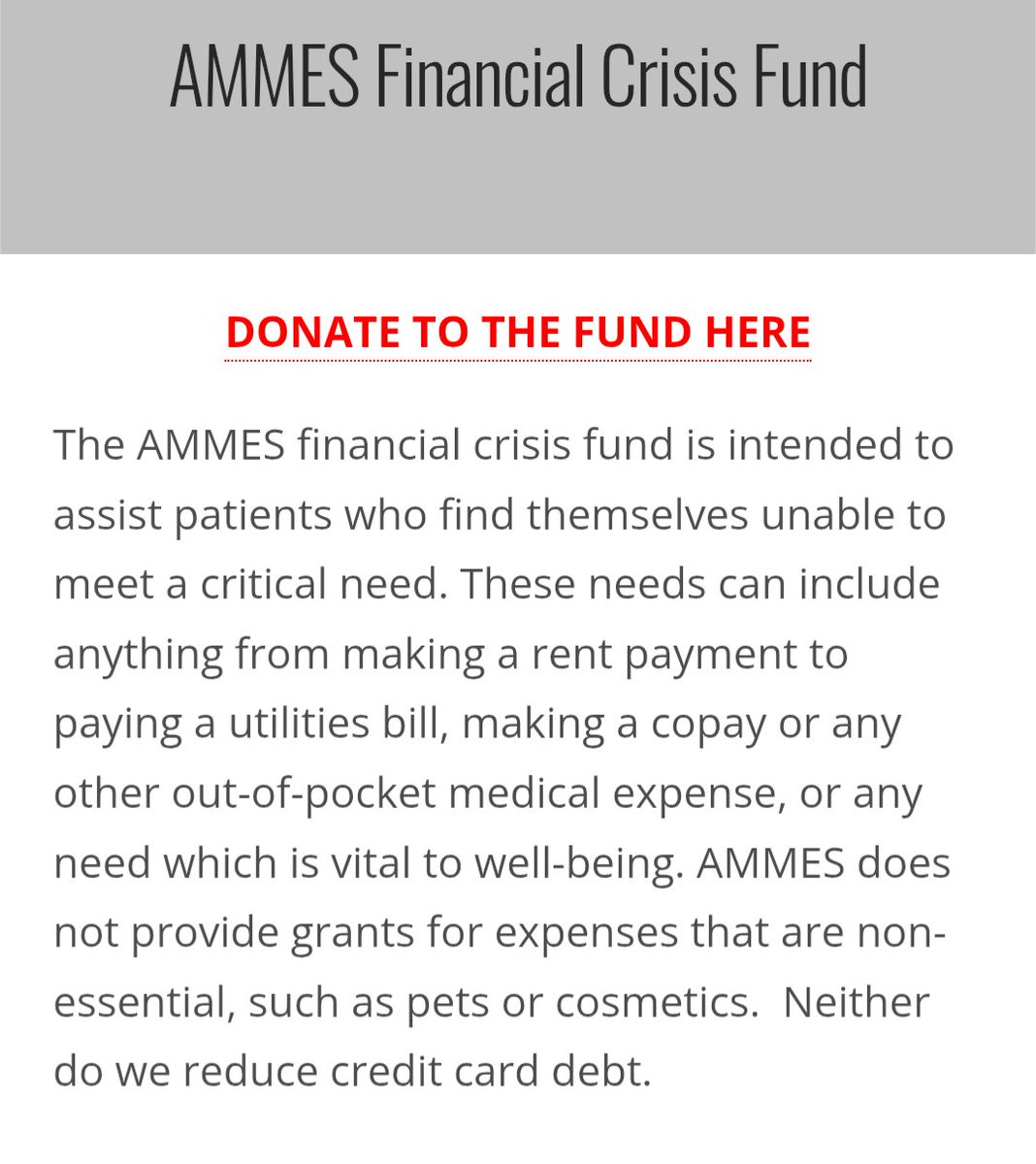
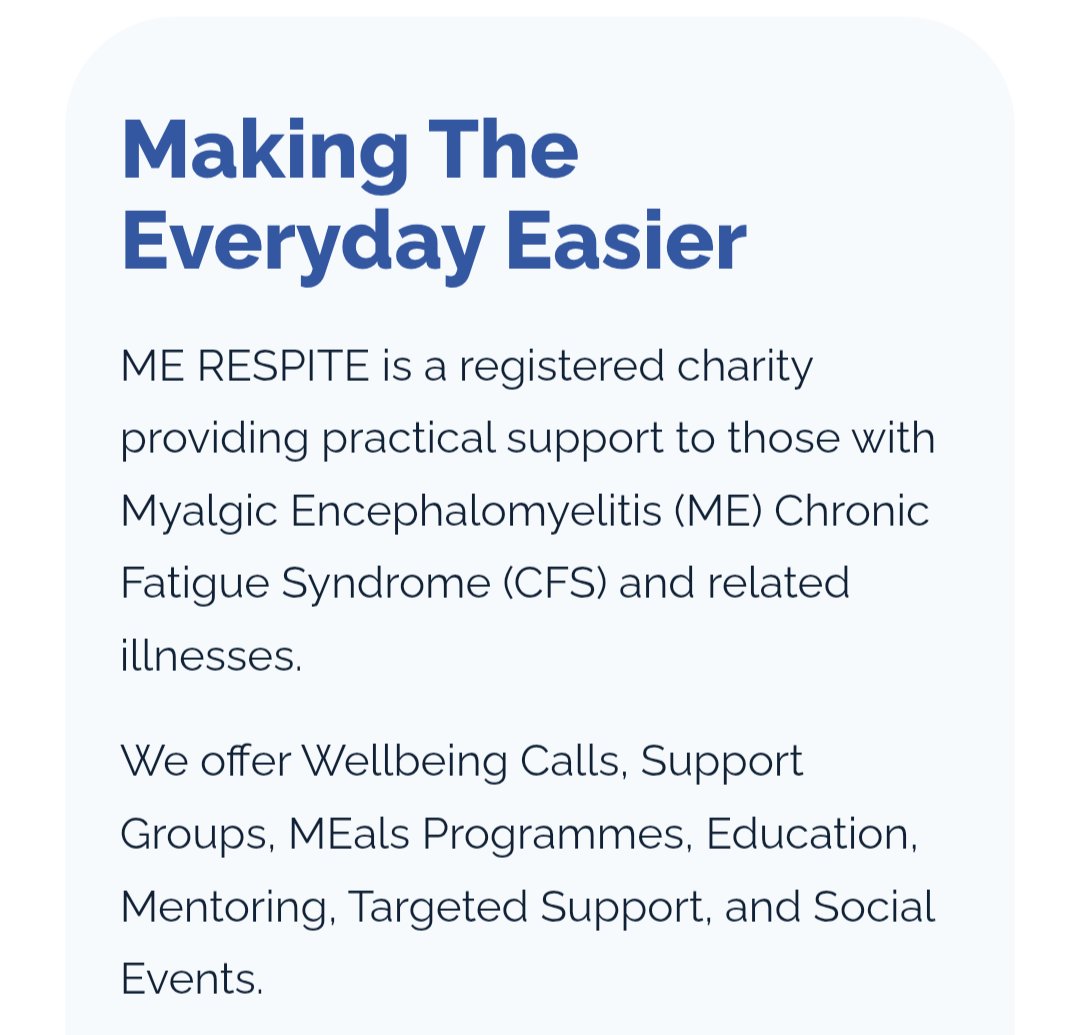
Whatever your niche, whatever your community, it can be a source of connection and hope. You don't have to reinvent the wheel to do something inspiring and successful. Aim for something realistic given you situation, your capacity, your interests. If you are part of a
11/
11/
sewing/knitting/crocheting circle, you can ask your friends to join forces to sell items at a local fete or farmer's market. The same goes for other crafts or cookery/baking.
If your community does annual yard sales events, you can ask a few
12/
If your community does annual yard sales events, you can ask a few
12/
friends to donate a portion of their proceeds.
If your friend works at or owns a cafe or pub, you can ask to decorate for ME awareness week and put out flyers & a donation collection box at the cash register.
13/
If your friend works at or owns a cafe or pub, you can ask to decorate for ME awareness week and put out flyers & a donation collection box at the cash register.
13/
Make your outreach materials short and appealing and direct. Avoid referencing historical psychologising of ME or other stigmas. Focus on the 'takeaway' message(s): ME is a devastating illness and you're empowering your readers to do something positive about it.
14/
14/
Here are a couple examples for your own handouts or info cards. Handouts or posters or stickers should always be available.
15/

15/
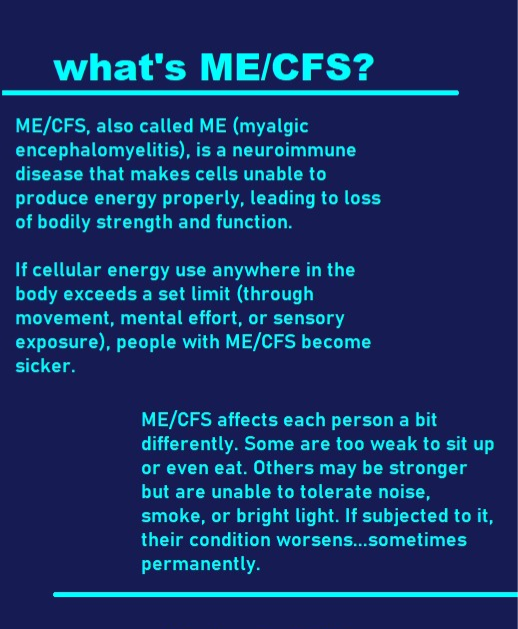
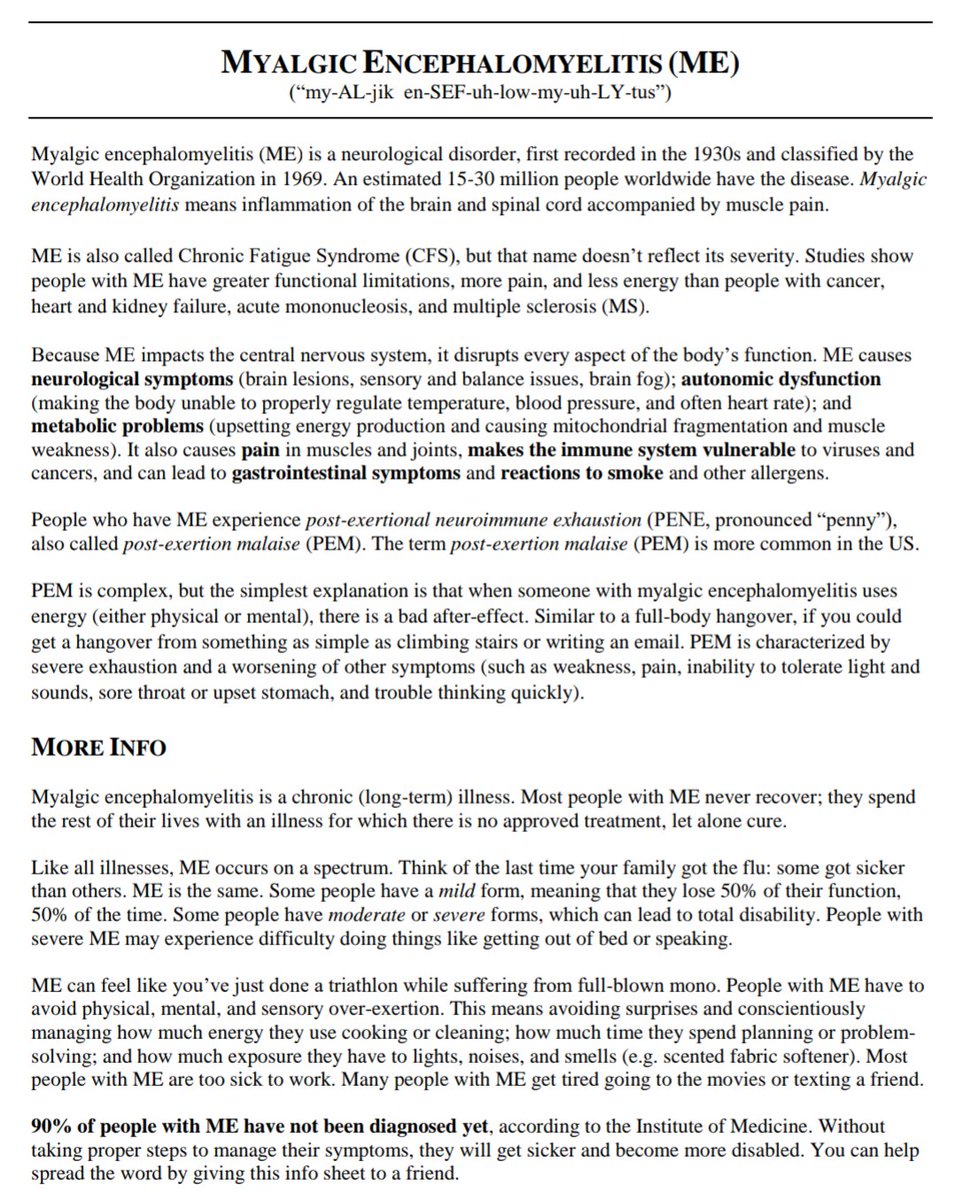
Remember that we only ever hear about a fraction of the efforts, worldwide, in support of ME. Know that things are happening and that decency is not dead 🌱
16/
16/
Remember, too, that if your personal situation doesn't permit you to engage in outreach or fundraising, a like or a share or an encouraging comment on someone else's efforts can go a long way. Supporting each other is key to progress.
17/
17/
@cstroeckw @threadreaderapp unroll
• • •
Missing some Tweet in this thread? You can try to
force a refresh





